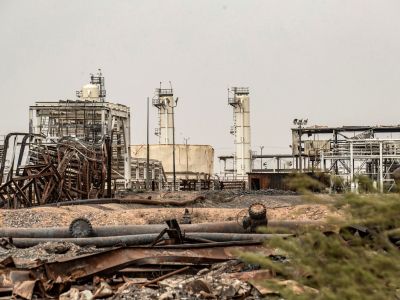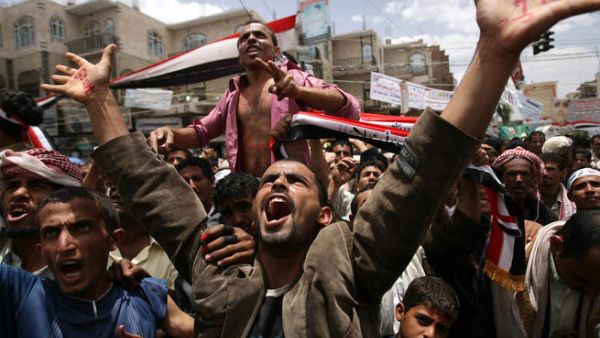Rebels from Yemen's Shiite north have rejected a plan that would divide the country into a six-region federation, saying that it does not distribute wealth fairly or evenly.
A discussion panel headed by Yemen's President Abdrabuh Mansur Hadi and including representatives from Yemen's main parties agreed the federation plan on Monday, as part of a "national dialogue" over the restive country's future, Agence France Press reported.
The plan for the federation, that will split the country into six distinct regions, will be put into the new constitution and will be voted on within a year, AFP said.
"We have rejected it because it divides Yemen into poor and wealthy" regions, said Mohammed al-Bakheiti of the Shiite rebel group Ansarullah, according to AFP.
The six regions that were agreed on by the discussion plan include four in Yemen's north, comprising Azal, Saba, Janad and Tahama, and two in the formerly independent south, Aden and Hadramawt, the BBC reported.
In the federation plan, Yemen's northern province of Saada, which is largely occupied by Ansarullah rebels known commonly as Houthis, will be part of the Azal region - which will also incude Sanaa, Amran and Dhamar - that has no"significant natural resources or access to sea," AFP reported.
"Saada has stronger cultural, social and geographical links with (coastal) Hajja, and Jawf" along the Saudi borders, Bakheiti told AFP.
Yemen's capital,Sanaa, would be a "federal city not subject to any regional authority" and the constitution would "guarantee its neutrality", it said, according to the BBC.
Monday's national dialogue saw parties split over whether to divide Yemen into a federation of two or six regions, with fears that a straight north-south divide could exacerbate tensions in Yemen's restive south, which has been threatening to secede.
The national dialogue was stipulated by a Gulf-brokered and U.N.-backed roadmap that brought about an end to a year of protests against former long-running president Ali Abdullah Saleh, who stepped down from office in 2012 after 33 years in power.









